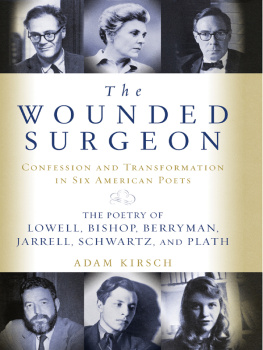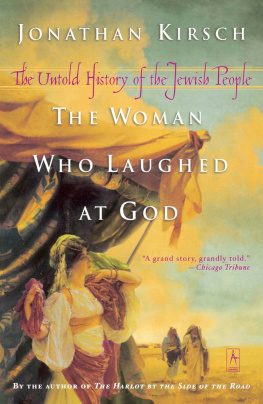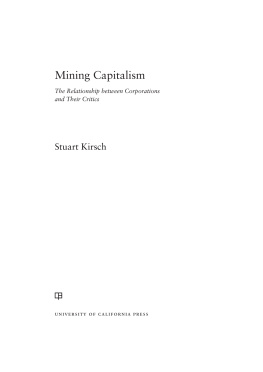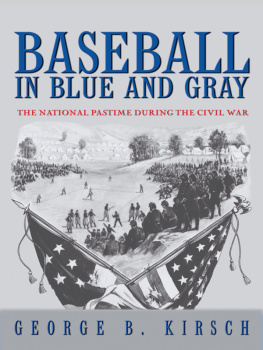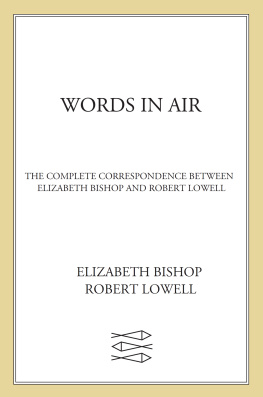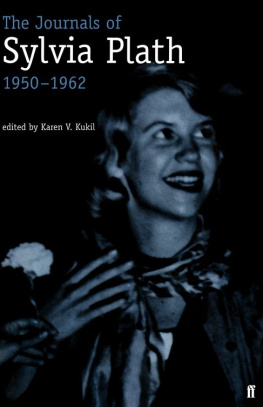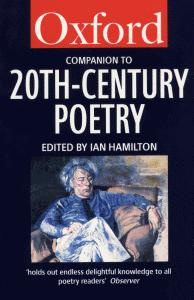
ALSO BY ADAM KIRSCH
The Thousand Wells: Poems
THE WOUNDED SURGEON

Confession and Transformation
in Six American Poets
Robert Lowell
Elizabeth Bishop
John Berryman
Randall Jarrell
Delmore Schwartz
Sylvia Plath
ADAM KIRSCH

Copyright 2005 by Adam Kirsch
Interior photographs: Lowell: AP Wide World; Bishop: AP Wide World; Berryman: Daniel A. Lindley; Jarrell: Special Collections Department, Jackson Library, The University of North Carolina at Greensboro; Schwartz: New Directions; Plath: AP Wide World
All rights reserved
Printed in the United States of America
First Edition
For information about permission to reproduce selections from this book, write to Permissions, W. W. Norton & Company, Inc., 500 Fifth Avenue, New York, NY 10110
Manufacturing by RR Donnelley, Harrisonburg, VA
Book design by Chris Welch
Production manager: Andrew Marasia
Library of Congress Cataloging-in-Publication Data
Kirsch, Adam, 1976
The wounded surgeon : confession and transformation in six American poets : Robert Lowell, Elizabeth Bishop, John Berryman, Randall Jarrell, Delmore Schwartz, and Sylvia Plath / Adam Kirsch. 1st ed.
p. cm.
Includes bibliographical references and index.
ISBN 0-393-05197-8 (hardcover)
1. American poetry20th centuryHistory and criticism. 2. Confession in literature. 3. Autobiography in literature. 4. Self in literature. I. Title.
PS310.C65K57 2005
813'.6dc22
2004027970
ISBN 978-0-393-24328-4 (e-book)
W. W. Norton & Company, Inc., 500 Fifth Avenue, New York, N.Y. 10110
www.wwnorton.com
W. W. Norton & Company Ltd., Castle House, 75/76 Wells Street, London W1T 3QT
To Jonathan, Ann, and Jennifer Kirsch and to Remy
The wounded surgeon plies the steel
That questions the distempered part
T. S. Eliot, East Coker
T he six writers discussed in this book make up one of the great constellations in the history of American poetry. From the 1940s through the 1970s, Robert Lowell, Elizabeth Bishop, John Berryman, Randall Jarrell, Delmore Schwartz, and Sylvia Plath not only wrote some of the most enduring poems in our literature; they redefined our notion of what it means for a poet to write honestly. Poems like Lowells Waking in the Blue and Bishops In the Waiting Room, Schwartzs Genesis and Berrymans Dream Songs, made it possible for poets to put themselves at risk in their work in ways that would have been unthinkable a generation earlier.
Yet the achievement of this group of poets has always been easy to misunderstand. Almost immediately, the kind of self-exposure practiced by Lowell and Berryman, in particular, was labeled confessional. Ever since, the confessional style has been one of the most popular, and most easily ridiculed, in American poetry. But the usefulness of criticism depends on its metaphors, and in confession it found a bad metaphor for what the most gifted of these poets were doing. The motive for confession is penitential or therapeuticby speaking openly about his guilt and suffering, the poet hopes to make them easier to bear. Another possible motive is ethical: by refusing to join the conspiracy of polite silence around certain shameful subjects, he challenges us to shed light on our own dark places.
But the poets discussed in this book always approached their writing as artists, and their primary motive was aesthetic. When they turned to experiences like madness and despair and lustas even Bishop and Jarrell, the least explicitly autobiographical of the six, sometimes didthey did so in order to make effective works of art, not in order to cure themselves or shatter taboos. To treat their poems mainly as documents of personal experience is not just to diminish their achievement, but to ignore their unanimous disdain for the idea of confessional poetry. Plath scorned the notion of poetry as some kind of therapeutic public purge or excretion; Berryman insisted that the speaker [of a poem] can never be the actual writer, that there is always an abyss between [the poets] person and his persona; Bishop deplored the trend toward more and more anguish and less and less poetry; Lowell explained that even in Life Studies, usually considered the first masterpiece of confessional poetry, the whole balance of the poem was something invented.
In order to reclaim the true achievement of these six poets, a new metaphor is needed. This is what the title of The Wounded Surgeon hopes to supply: T. S. Eliots image evokes the resolve, not to say heroism, that these poets displayed by submitting their most intimate and painful experiences to the objective discipline of art. (As Berryman wrote, perhaps with Eliots lines in mind: I am obliged to perform in complete darkness / operations of great delicacy / on my self.) Thanks to a flood of biographies and memoirs, the psychic wounds of Lowell, Schwartz, Plath, and the rest have been probed at great length; and because life is easier to talk about than art, there is a danger that they will become known mainly for their wounds. But the suffering that afflicted this group of poets becomes significant only because they examined it with the surgeons rigor, detachment, and skill.
Poetry has its own life, with only an ambiguous connection to the life of the person who writes it; set down that these poets were mentally ill, or alcoholic, or suicidalas all of them were, in some combination or degreeand you still have not come anywhere near to explaining why they wrote as they did. That is why I have written, for each of these six poets, what might be called a brief biography of their poetry. I have tried to explore the inner structure and logic of their work: how the questions raised in one poem are answered in another; how the limits of an early style are transcended in a later one; or, conversely, how strengths can eventually turn into weaknesses. By looking at the whole range of each poets work, and by closely reading some of their most significant poems, I aim to shed light on what they were trying to do, and how far they succeeded.
From this perspective, what unites these six poets is not a style or subject, but a common starting point. Robert Lowell, Elizabeth Bishop, John Berryman, Delmore Schwartz, and Randall Jarrell were all born between 1911 and 1917, and came to maturity during the triumphant age of Modernist poetry. (Sylvia Plath, born in 1932, represents something of a special case.) All of them knew that the Modernists had achieved something epochal. The generation of American poets that included Frost, Stevens, Eliot, Pound, Williams, Marianne Moore, Ransom, Jarrell wrote, would establish once and for all the style and tone of American poetry. Lowell agreed that never before or since have there been so many good poets in America; nor in Englandunless we go back more than two hundred and fifty years.
To write in the wake of such giants was a mixed blessing. The Modernists had restored poetry to the position of a serious art, one that couldas Lowell wrotetake a mans full weight and... bear his complete intelligence, passion, and subtlety. But at the same time, their huge success left the younger generation at a disadvantage. A young poet in the 1930s was faced with a body of poetry and criticism so authoritative that it took courage, and ingenuity, simply to avoid being crushed by it.
Next page
